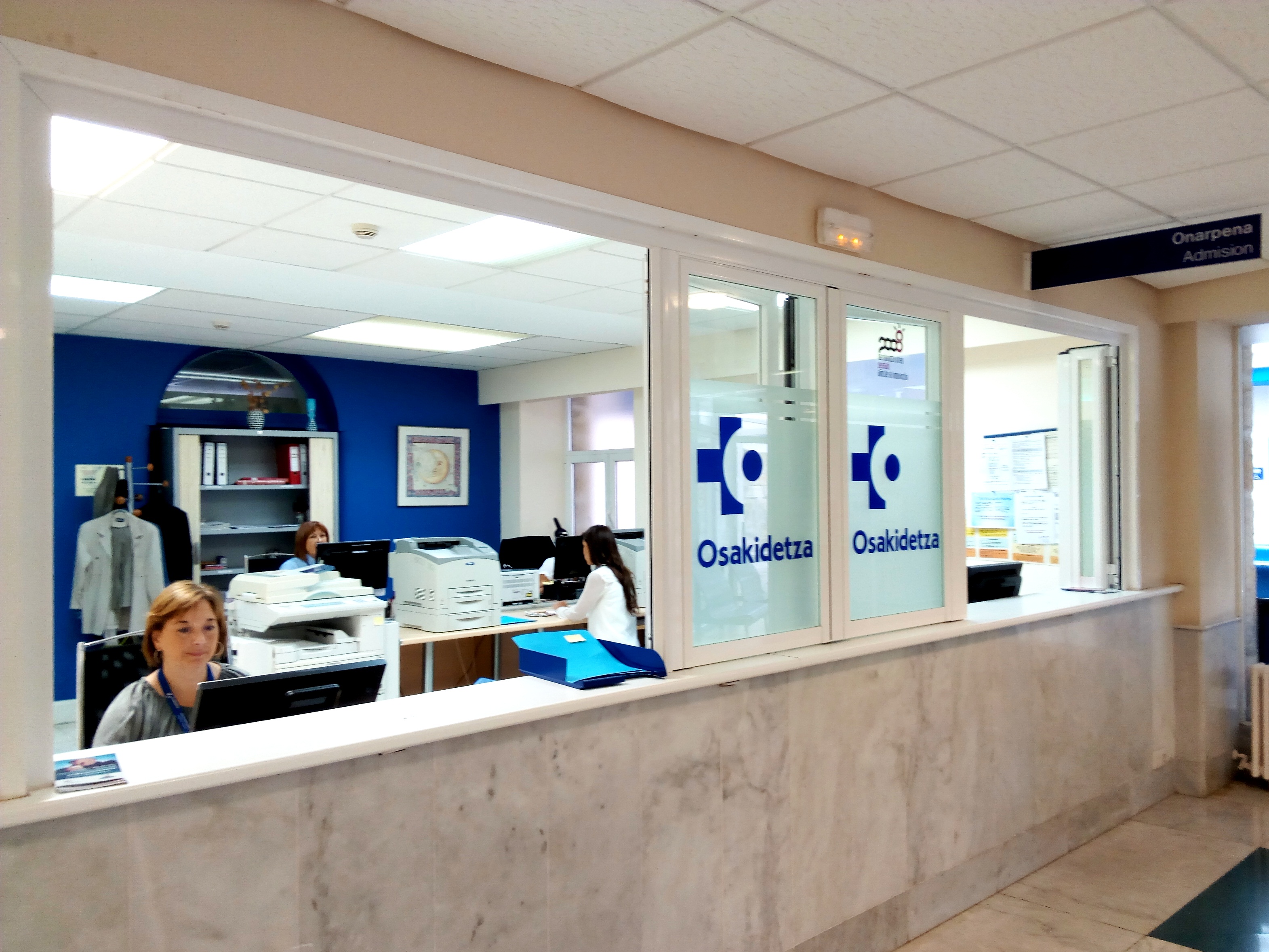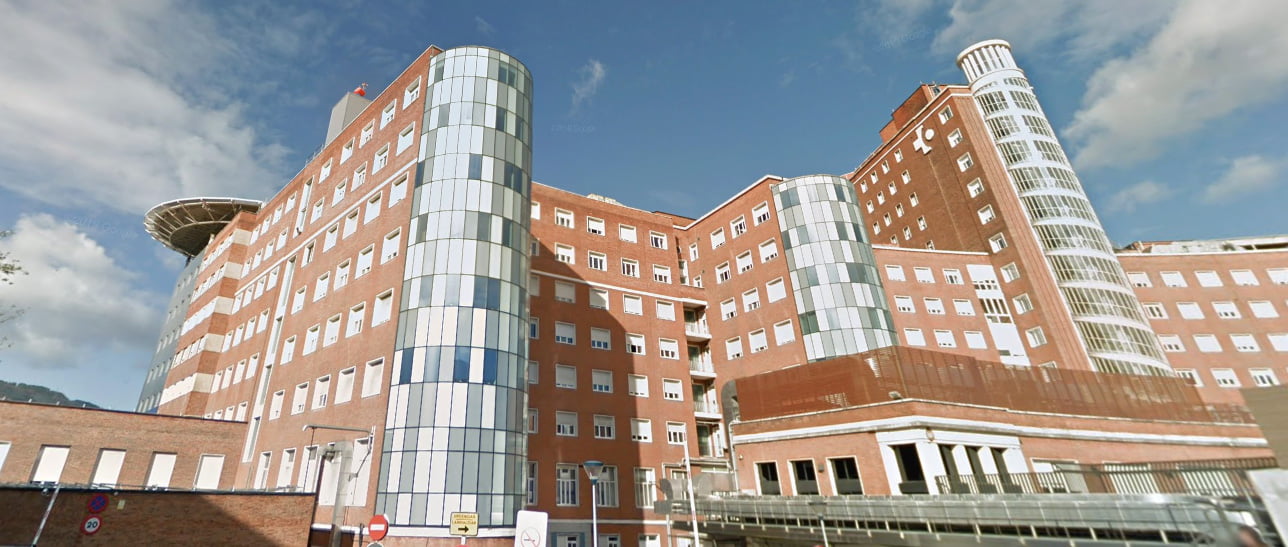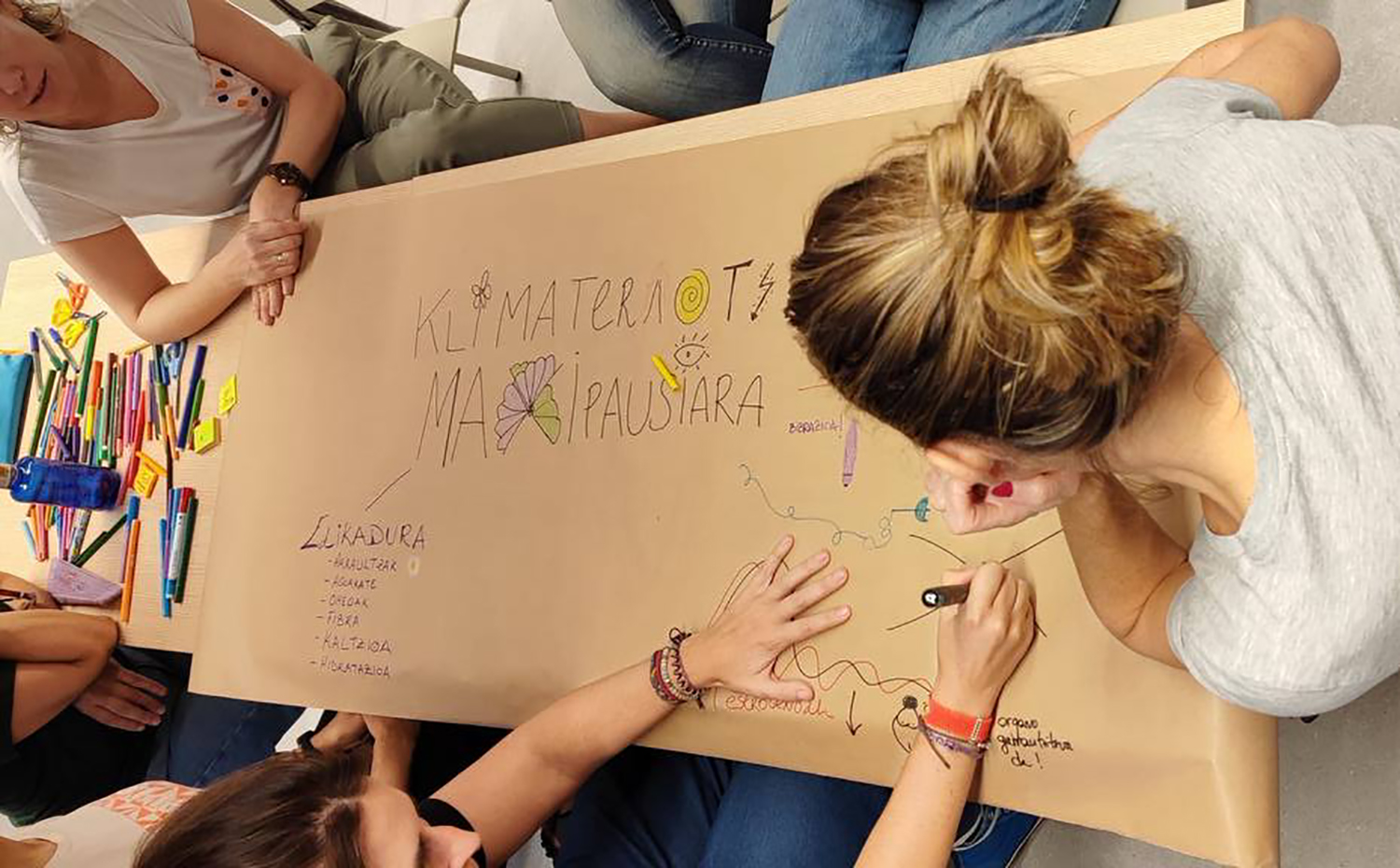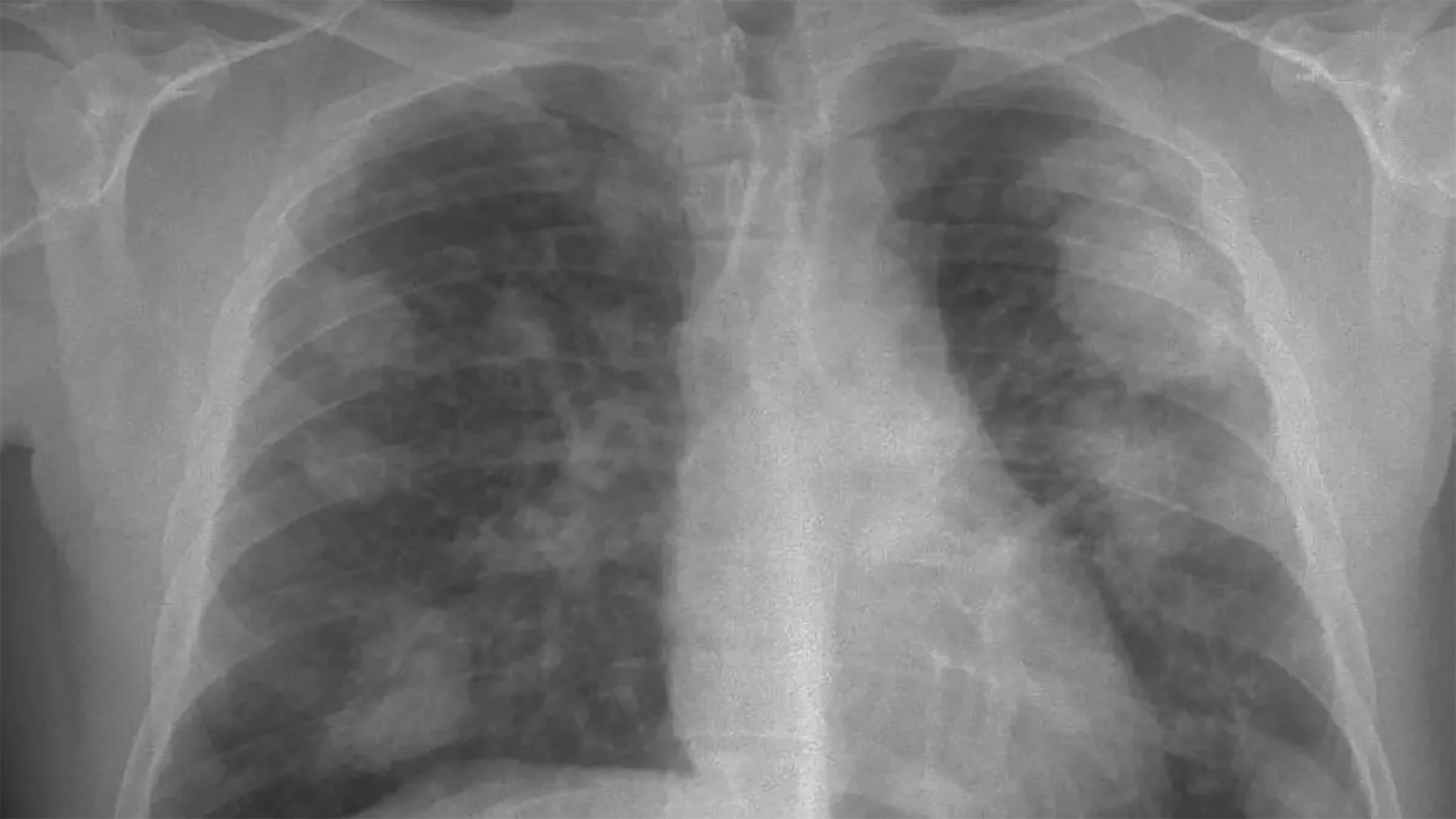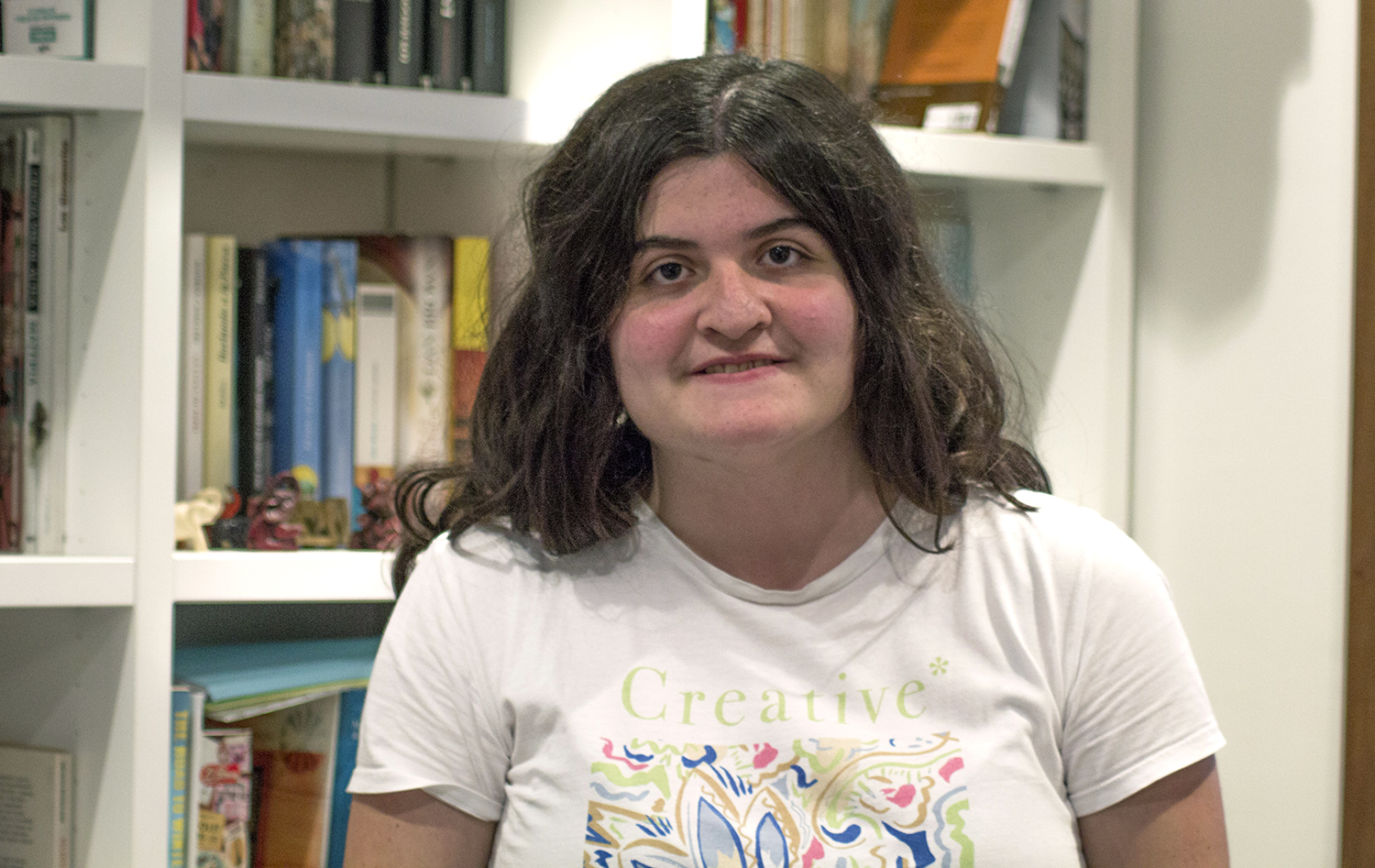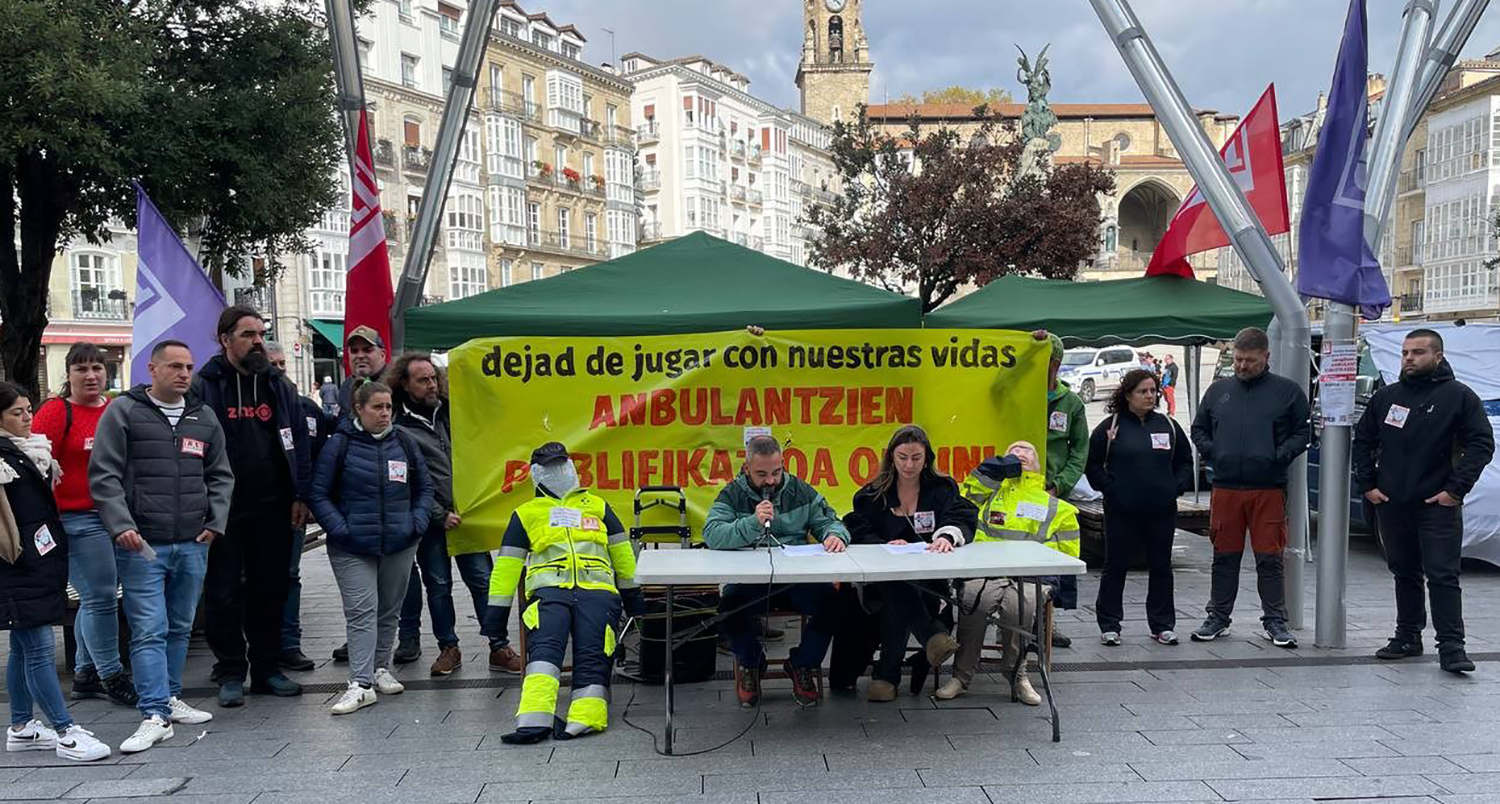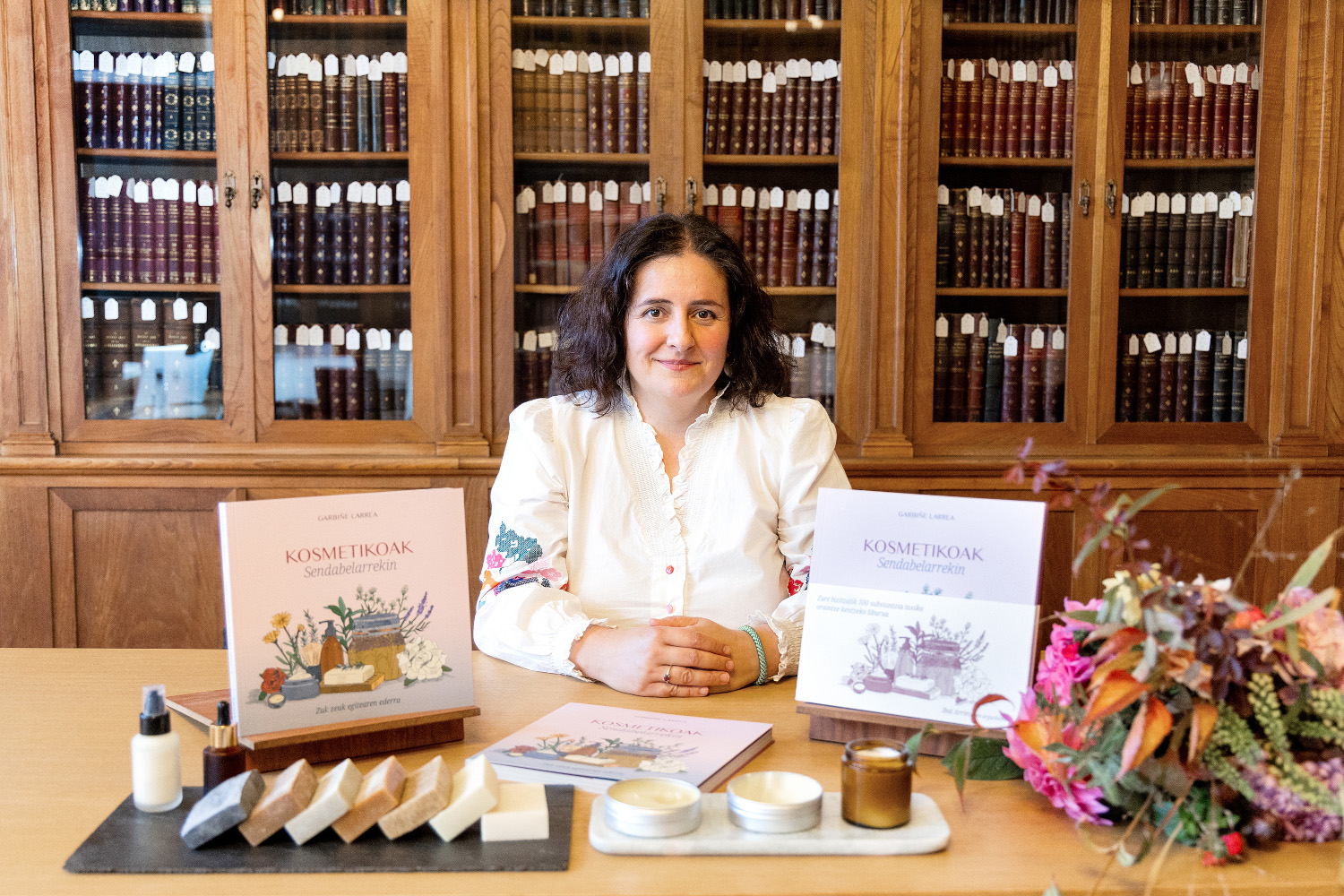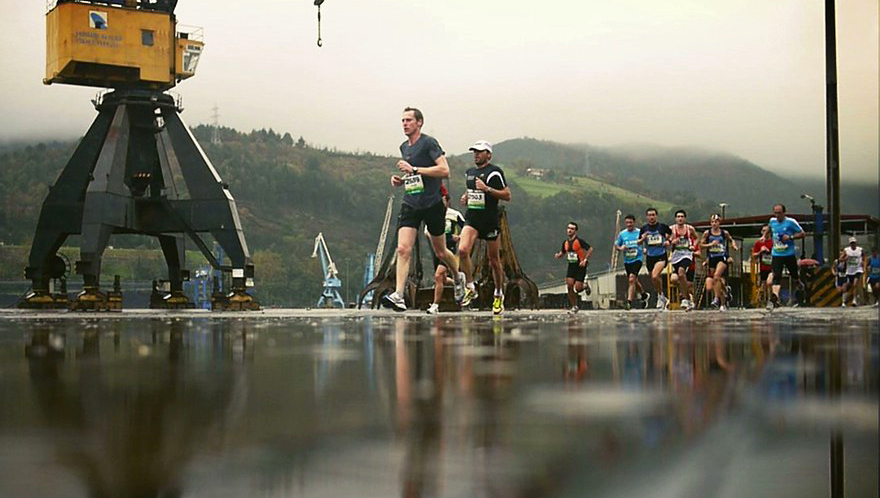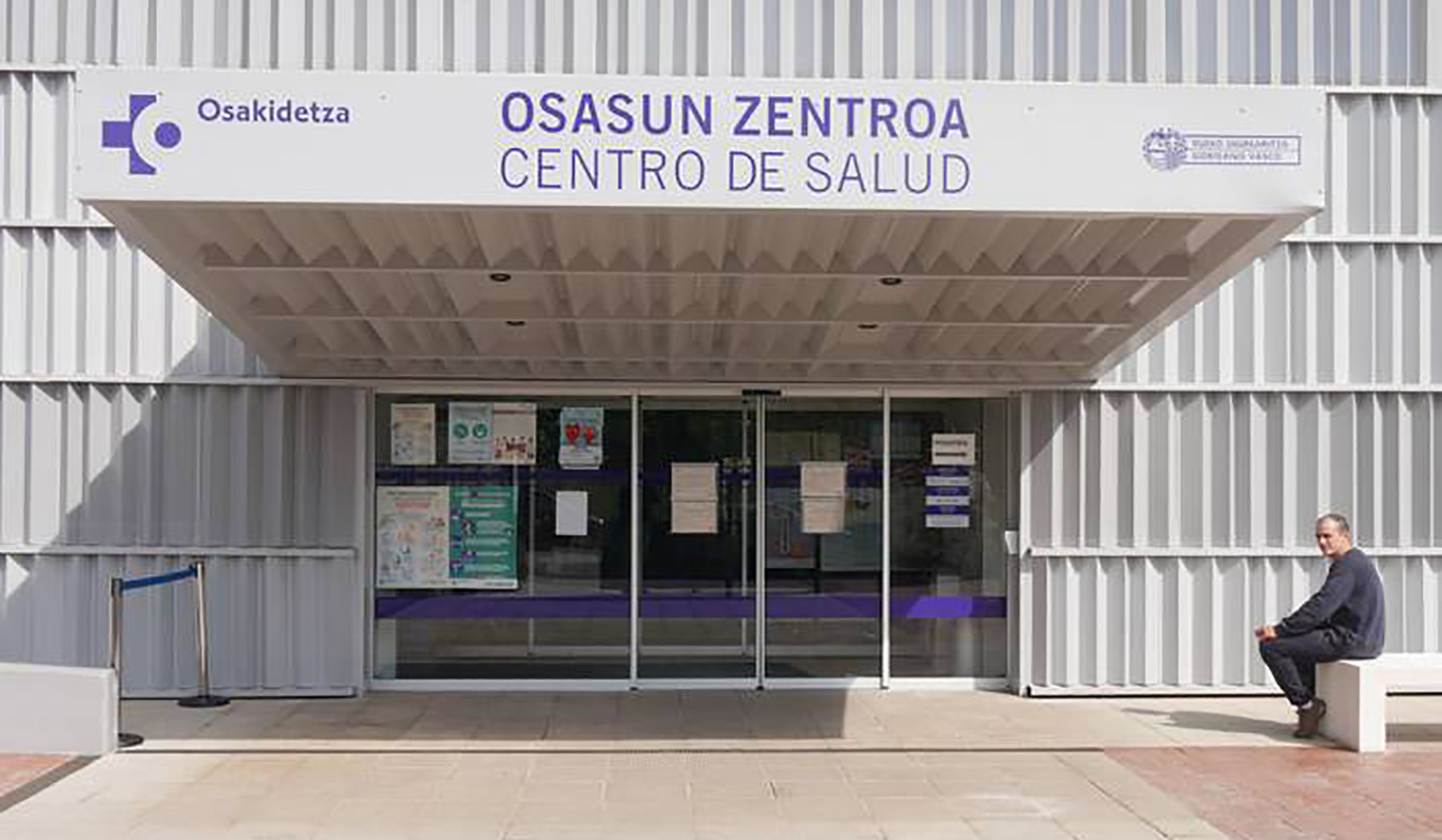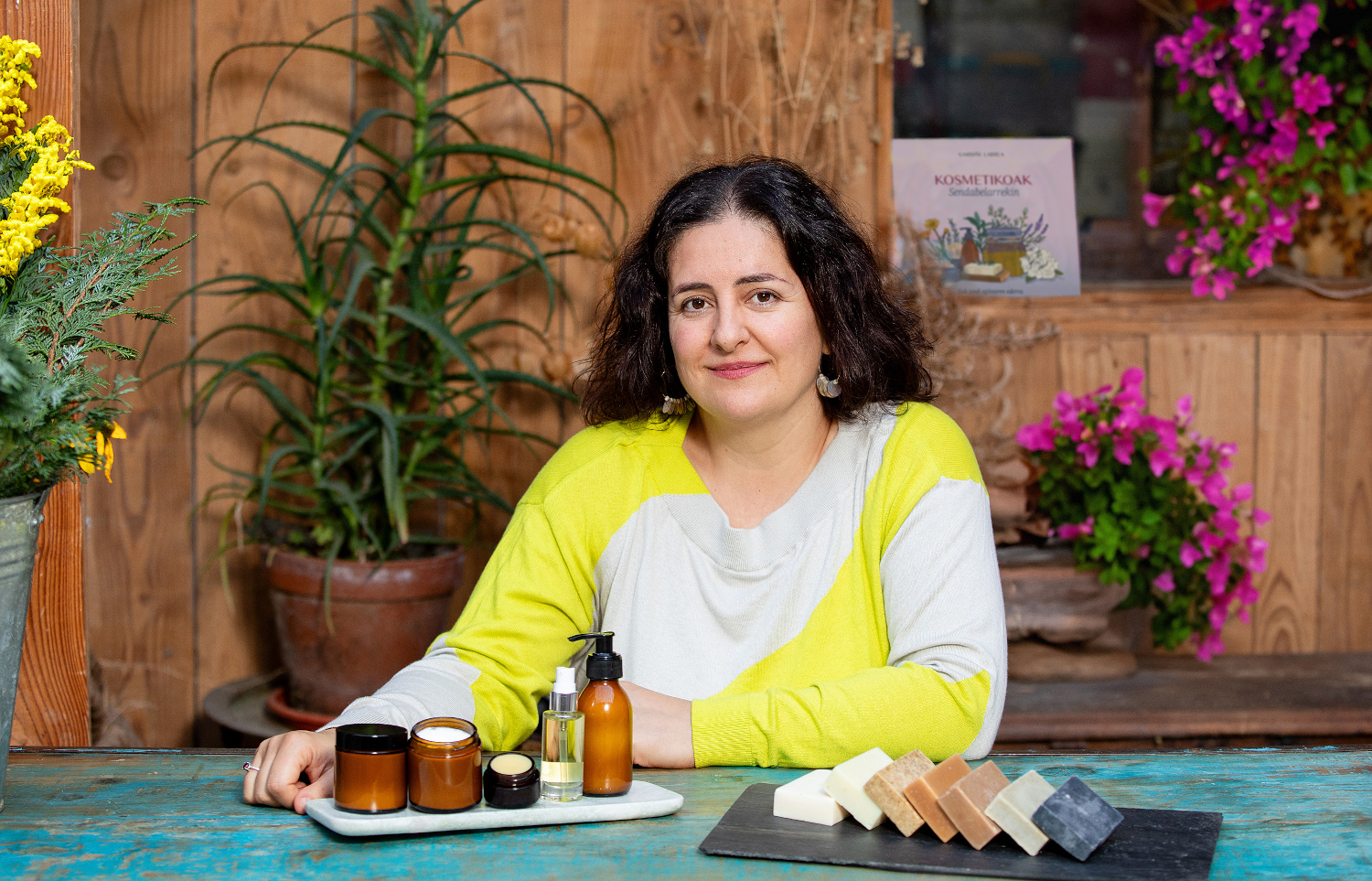Access to the health center, great difficulty for people with disabilities
- The Government of Navarre has passed a law on the care of persons with disabilities and guaranteeing their rights. Rafa Ardanaz, Juan Luis García and Manolo Palo participated in the process.

The Adacen Foundation in Navarra works with people with brain damage, whose users are Rafa Ardanaz, Juan Luis García and Manolo Palo. The Navarre Parliament has just passed a law to address and guarantee the rights of people with disabilities and Ardanaz, García and Palo have participated in the law-making process. The law covers many fields, but has focused on public health. They are satisfied with the care they receive, but as a function of transport they do not reach the appointments.
They have told step by step what public health care is like; first of all, they have talked about the process of calling for an appointment, because hence accessibility. They say that in general they have no difficulty asking for an appointment over the phone, but Ardanaz says they only take care of it over the phone and it does not seem appropriate: “I get the appointment easily, but I want to be greeted and face to face.”
Palo faces dating. He lives in the town of Astrain and goes to the doctor on Thursdays, the rest of the days you have to go to Zizur Mayor. Normally his sister calls the doctor, but when he calls he has no problems: “When I call on the phone I understand everything if I speak slowly.”
Once the appointment was made, they said that the greatest difficulty is to reach the health center. Vinana is walking to the health center: “She’s at home.” Palo and García, however, move by car or wheelchair, usually have no problems parking in places for disabled people.
On the contrary, they have denounced the inconvenience caused by the use of other transport. As for taxis, the County of Pamplona has a total of 315 taxis, of which only 24 are accessible to people with disabilities. At the beginning of the year there will be 20 new licences for Eurotaxis. “Once I got to the doctor very late because Eurotaxia didn’t arrive,” Palo says. This is not an isolated case, Ardanaz explained that it is a widespread complaint: “Many people complain that they have to wait a long time and arrive late, you usually have to wait an hour.”
Garcia explains that they have difficulty using public transport: “Billabesa’s slope almost never works. Yesterday it happened again and the driver got me through the previous door, but it’s harder to move.”
As for the accessibility of access to health centers, Palo has emphasized that it must be “fixed”: “They place a slope for the days we usually go, but it should be adapted for daily access with the chair”. Garcia says that the fixed slope offers them the possibility to move freely: “We can go when we want and we don’t depend on what comes out.”
They have also looked at the attention, and García pointed out that it is “very good”: “They always attend me very well and the doctor explains things very well, also linguistically it is accessible, everything is perfectly understood”. Palo and Ardanaz have joined in this and have stressed the importance of public health care. “When we talk about the law, we attach great importance to health,” says Ardanaz.








